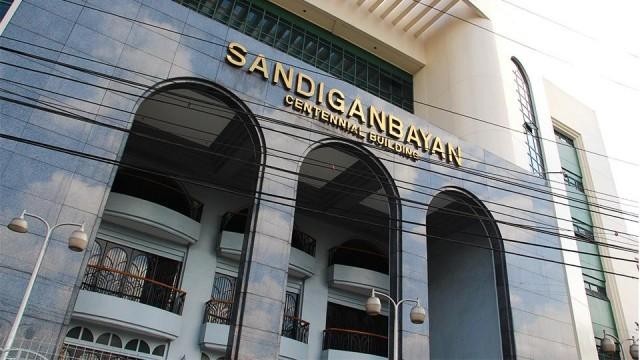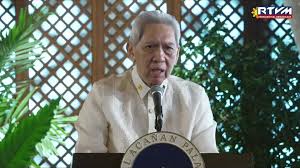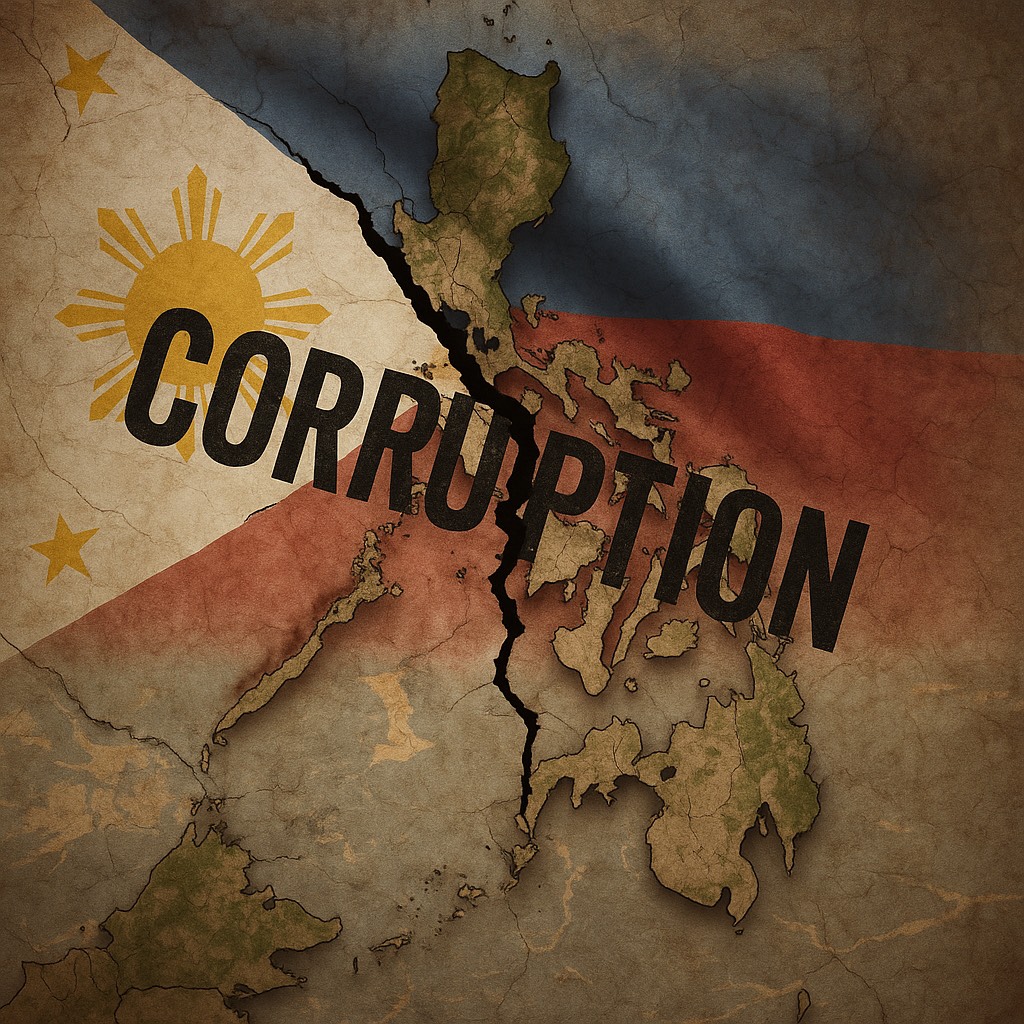In the political theater in the country, where transparency should reign supreme, the recent unveiling of the 2025 Bicameral Report that served as the primary reference in the enactment of the 20205 National Budget, raises alarm bells that echo throughout our democratic fabric. The blank spaces scattered across Bicameral report, signed by both the members of the finance and appropriations committees from the Senate and the House of Representatives, suggest a troubling reality: the national budget was not merely a product of oversight but rather a document signed with sinister intent. This is not just an ordinary bureaucratic mishap; it is a glaring indication of a leadership that may be complicit in a larger scheme to misappropriate public funds.
President Bongbong Marcos, whose administration has been characterized by a series of carefully curated public images, has thus far failed to exercise due diligence in scrutinizing the country’s 2025 national budget handed to him. If he had indeed engaged in a thorough review of the 2025 bicameral report, the glaring omissions would not have escaped his attention. These omissions are not just trivialities; they are potential gateways to graft and corruption. The absence of critical information within a document that dictates the allocation of our nation’s resources is not merely an error—it is an invitation for those in power to exploit the system, to siphon off funds that belong to the people.
The images circulated in the media, depicting Marcos engrossed in budget reviews, serve as little more than elaborate “budol” photo ops—staged moments designed to create an illusion of diligence and transparency. These photographs, while visually compelling, fail to reflect the substantive engagement that the Filipino people deserve from their leaders. Instead of providing genuine oversight, these staged moments are a distraction, a way to divert attention from the very real issues that are festering beneath the surface. The implications of this complacency in leadership extend far beyond the empty spaces in the report. They reflect a broader culture of negligence that has plagued our political landscape for far too long. In a country where corruption has become endemic, the failure to address these omissions is tantamount to an invitation for further malfeasance. It signals to lawmakers and bureaucrats alike that a lack of accountability will be tolerated, that the public’s trust can be taken for granted.
Furthermore, these blank spaces will likely have dire consequences for the Filipino people. When critical funding for essential services—such as education, healthcare, and infrastructure—is left unaccounted for, it is the most vulnerable members of our society who suffer the most. The evidence of mismanagement and neglect is all around us: crumbling infrastructure, inadequate healthcare services, and a struggling education system. Yet, instead of taking decisive action to rectify these issues, our leaders seem content with maintaining the status quo.
As citizens, we must not remain passive in the face of these alarming trends. It is our responsibility to demand accountability from those who claim to serve us. The blank spaces in the 2025 Bicameral Report should serve as a wake-up call for all Filipinos. We must hold our leaders accountable for their actions—or lack thereof—because the stakes are too high to ignore. In this age of information, we have the tools at our disposal to challenge the complacency of our leaders. Social media platforms, grassroots movements, and civil society organizations can amplify our voices and demand that our leaders act in the best interests of the nation. We must not allow the narrative to be dictated by those in power who seek to maintain a façade of control and competence while failing to address the pressing issues that confront us.
The future of our nation depends on our willingness to confront uncomfortable truths. The blank spaces in the bicam report are not just an isolated bureaucratic oversights; they symbolize a systematic failure of leadership. It is time for the Filipino people to rise up, to question, and to hold accountable those who have been entrusted with our collective future. Let us not allow complacency to become the norm; instead, let us demand a government that serves the people with integrity and transparency. The time for action is now.




